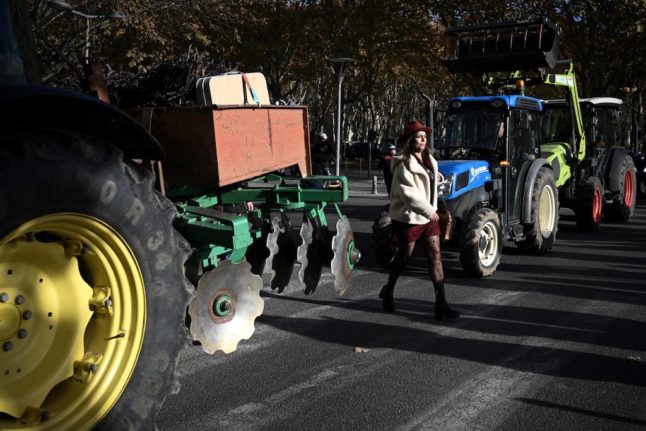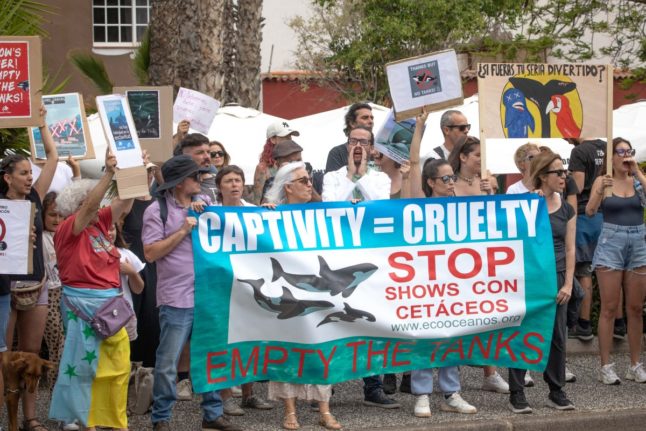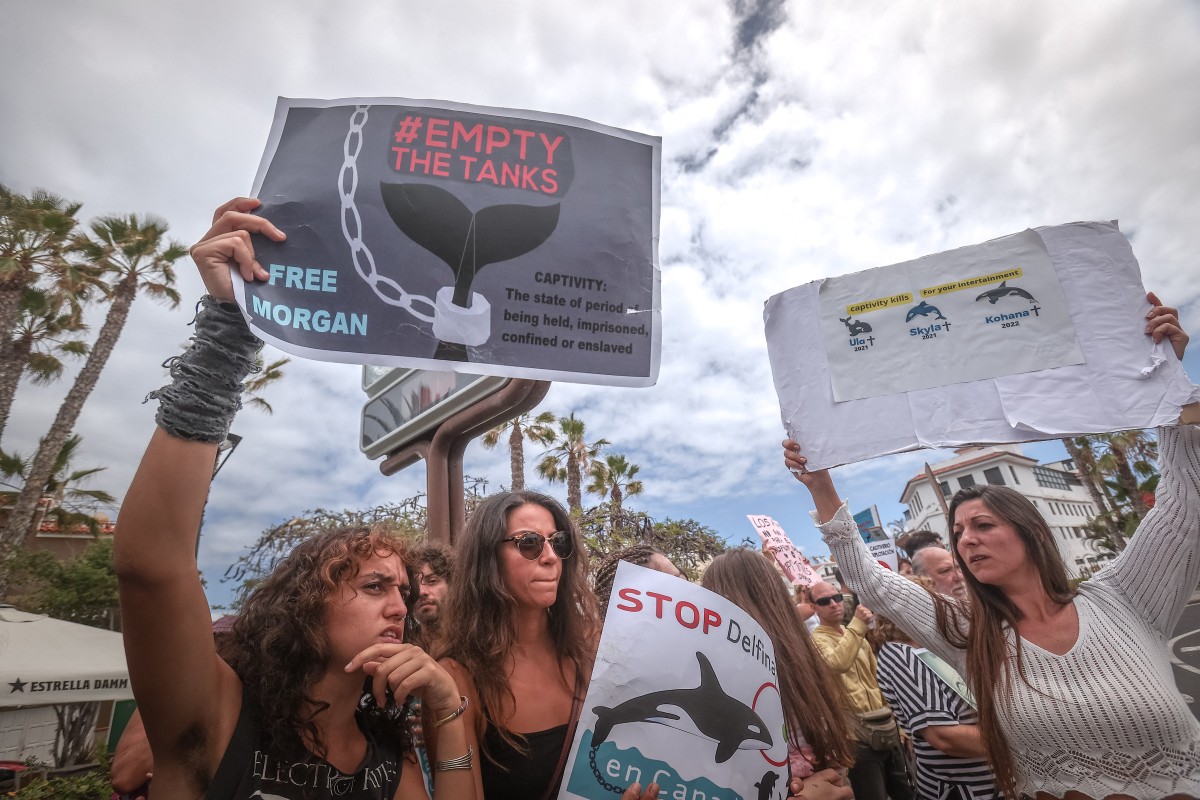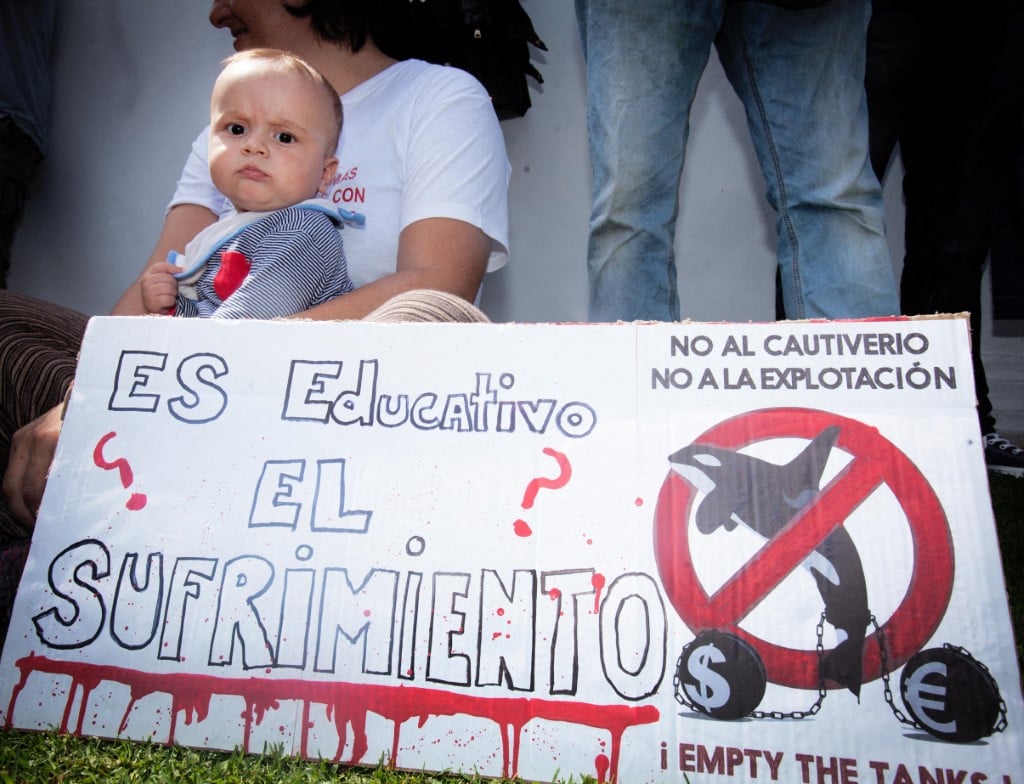Farmers in yellow hi-vis vests and tractors driving at snail’s pace were slowing traffic along around a dozen roads across Spain without causing any major incidents, the DGT traffic authority said.
Most of the protests were in the south, around Granada, Málaga, Sevilla and Jaén where the main roads were blocked during the morning.
In Antequera near Málaga, farmers blocked the A92 leading to Seville, according to an AFPTV reporter.
READ ALSO – EXPLAINED: Why are farmers in Spain protesting?
Organisers of the five-day Ruta del Sol cycling race said they were forced to postpone the 162-kilometre (100-mile) opening stage because there were not enough police to secure the route due to the farmers’ protests.
In the northeastern Catalonia region near the border with France, around 100 tractors blocked parts of the AP-7 highway linking the two countries as they had done on Tuesday.
Other protests blocked traffic around Valladolid in the northwest, Toledo south of Madrid and Teruel in the east, the DGT said.
Angry farmers have been protesting across Europe over rising costs, high fuel prices, bureaucracy and the environmental requirements in the EU’s Common Agricultural Policy (CAP) and its forthcoming “Green Deal”.
Spanish farmers are also protesting low prices for their produce and the lack of financial aid to the sector.
Agriculture Minister Luis Planas was to hold talks on Wednesday with players in the food supply chain and was set to meet with Spain’s main agricultural unions, Asaja, COAG and UPA, on Thursday.
The unions are planning a huge rally in front of the agriculture ministry on February 21st, and will rally again in Madrid on February 26th to coincide with the meeting of EU agriculture ministers in Brussels.
In their statement, the unions urged European ministers to “act urgently to push through reforms in the food chain, to advance commercial agreements with third countries, to simplify red tape and to build flexibility into the CAP”.
Often referred to as Europe’s vegetable garden, Spain is one of the bloc’s leading producers of salad, fruit and vegetables but its farms have suffered from a long-running drought in the Iberian Peninsula for the past three years.







 Please whitelist us to continue reading.
Please whitelist us to continue reading.
Member comments